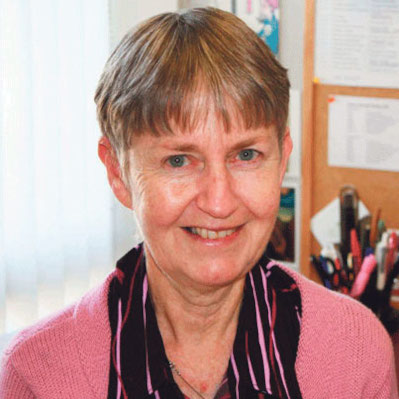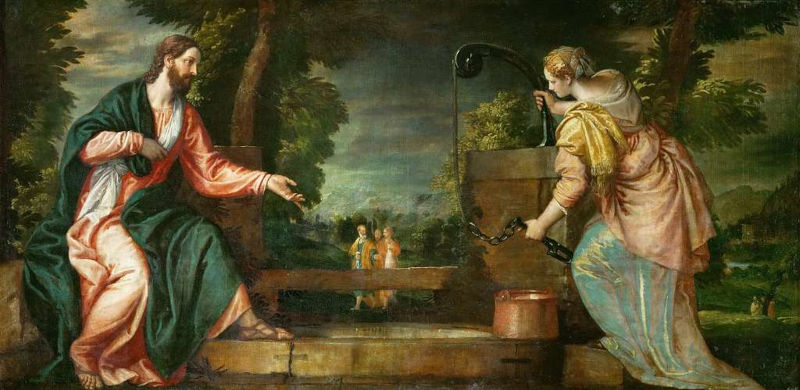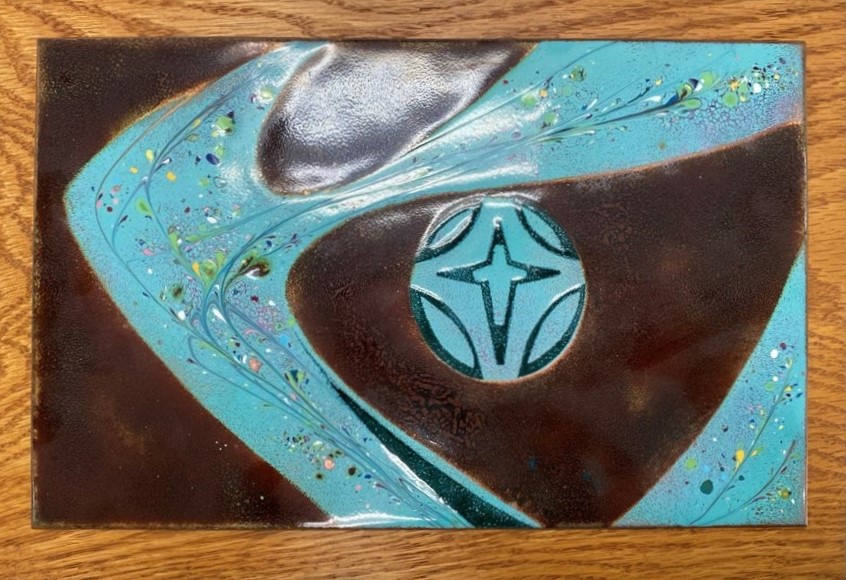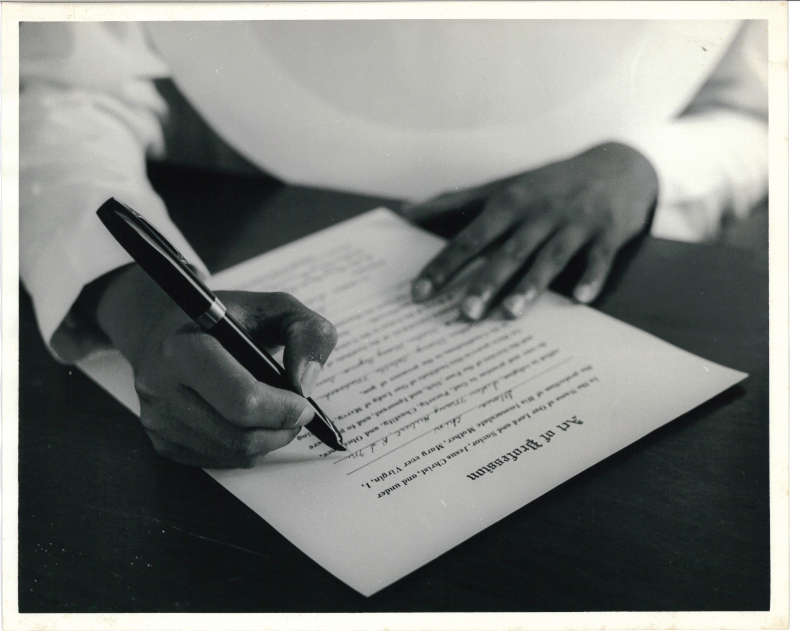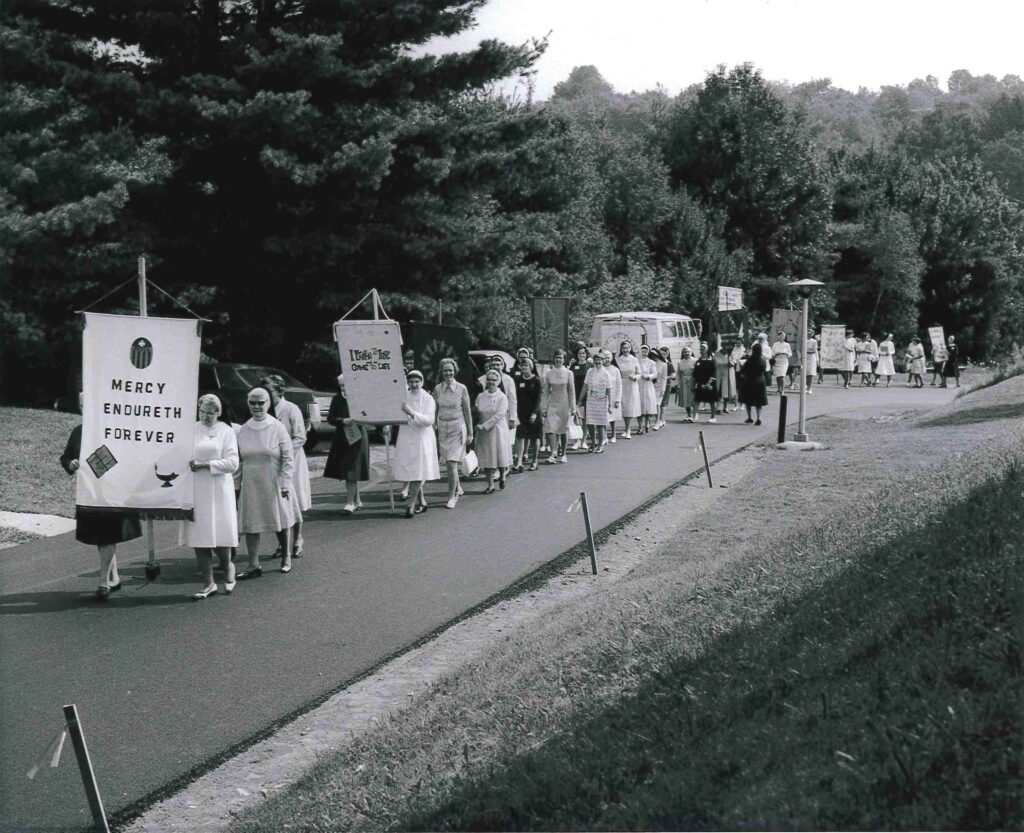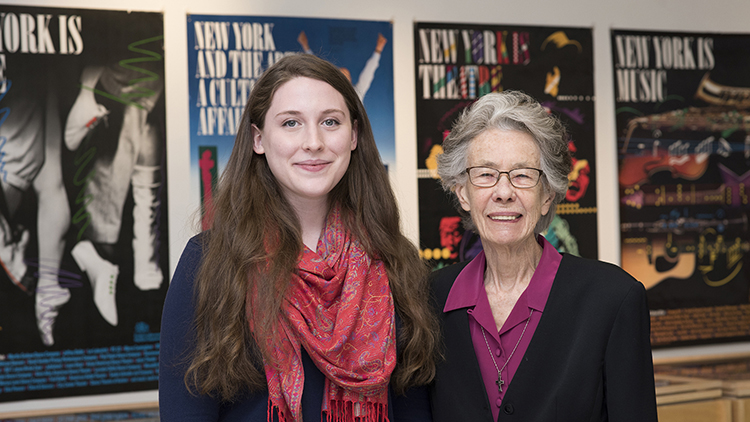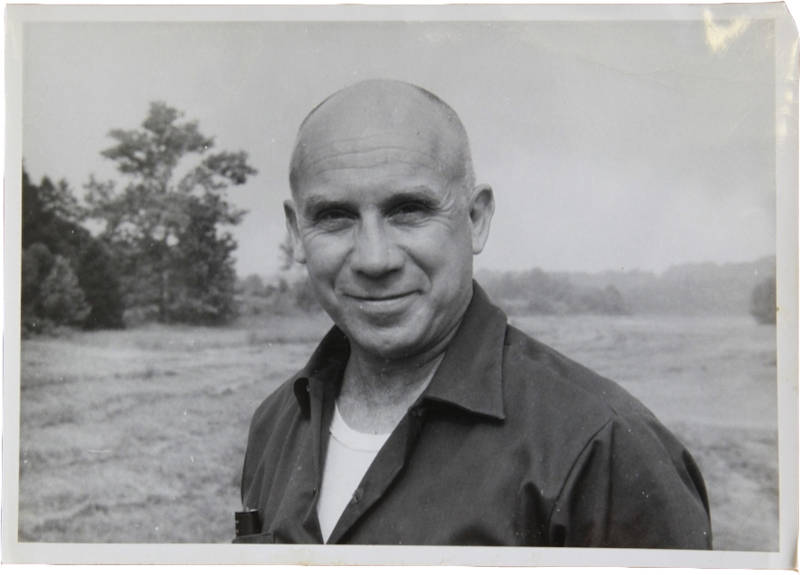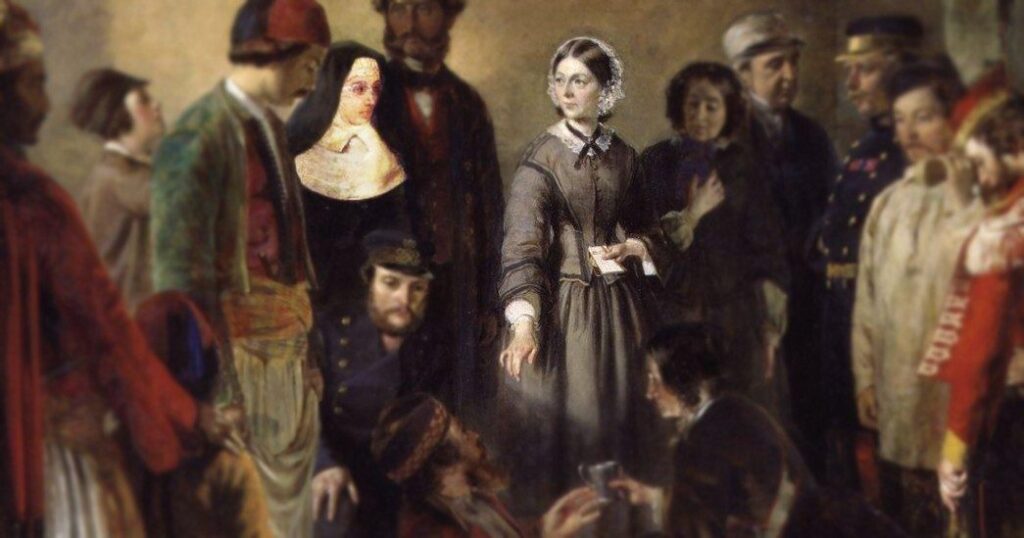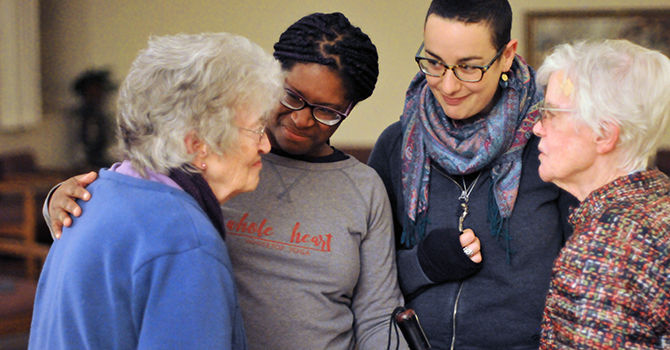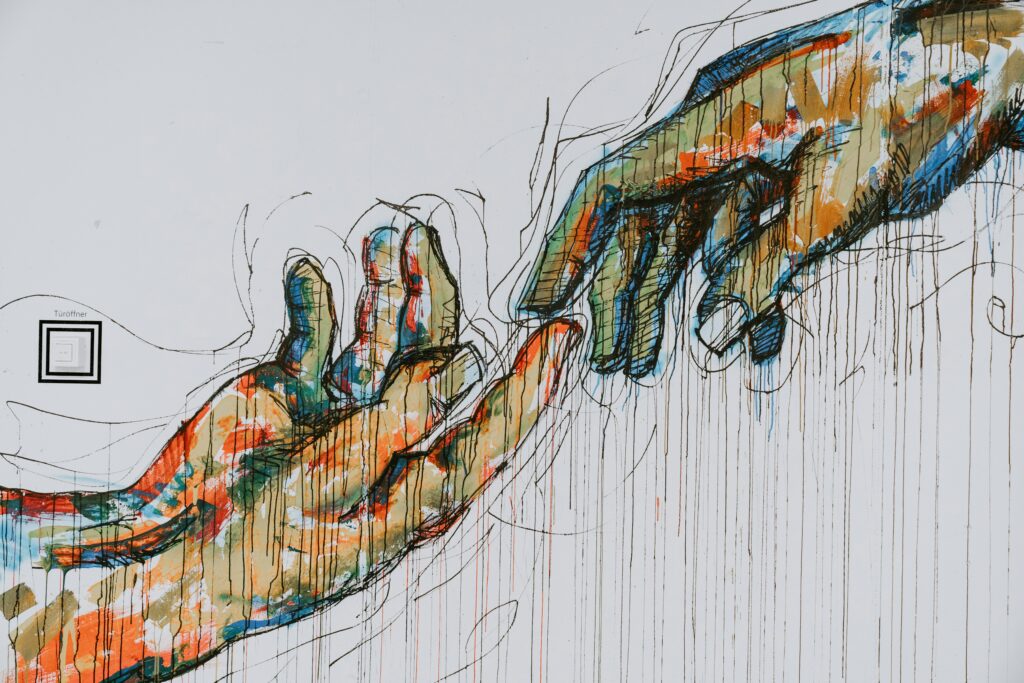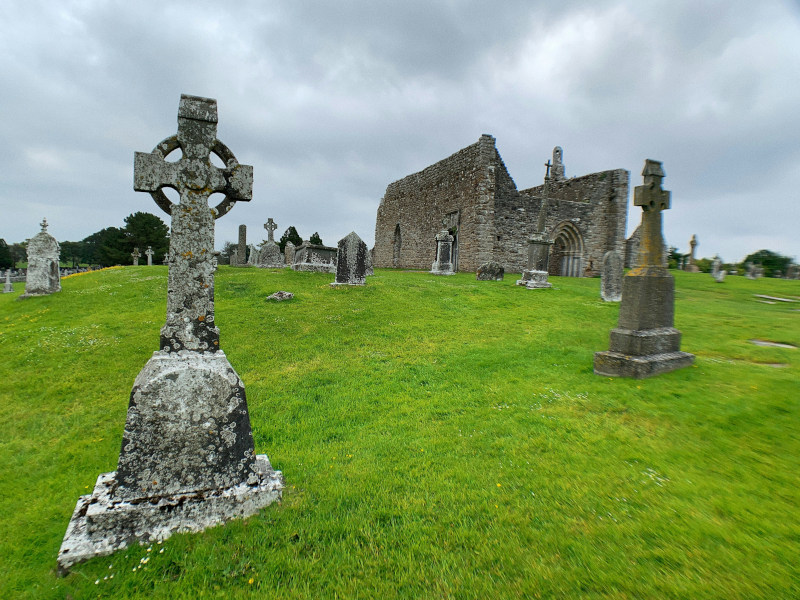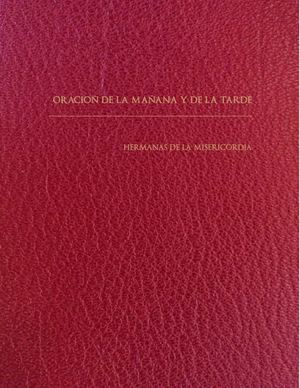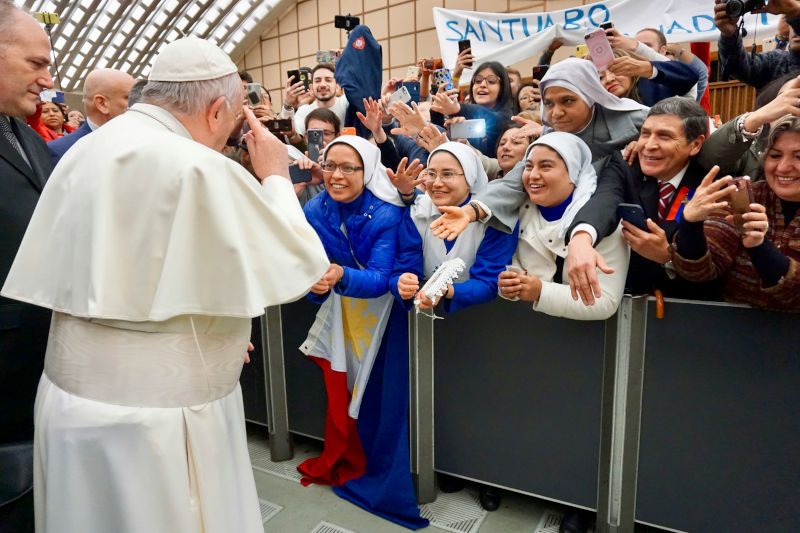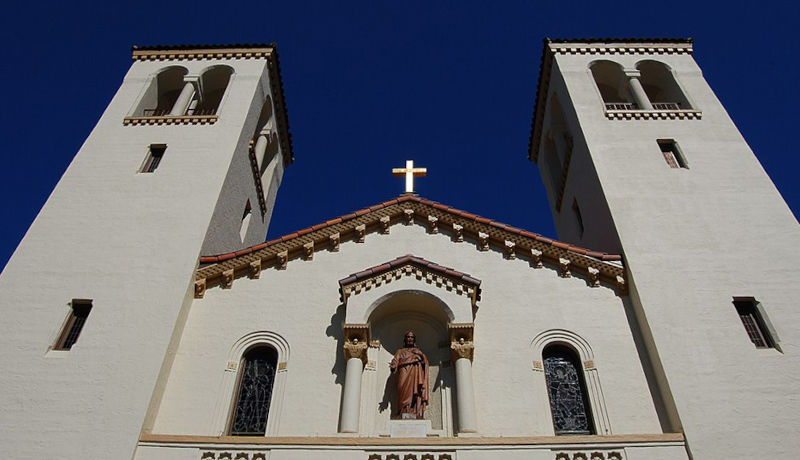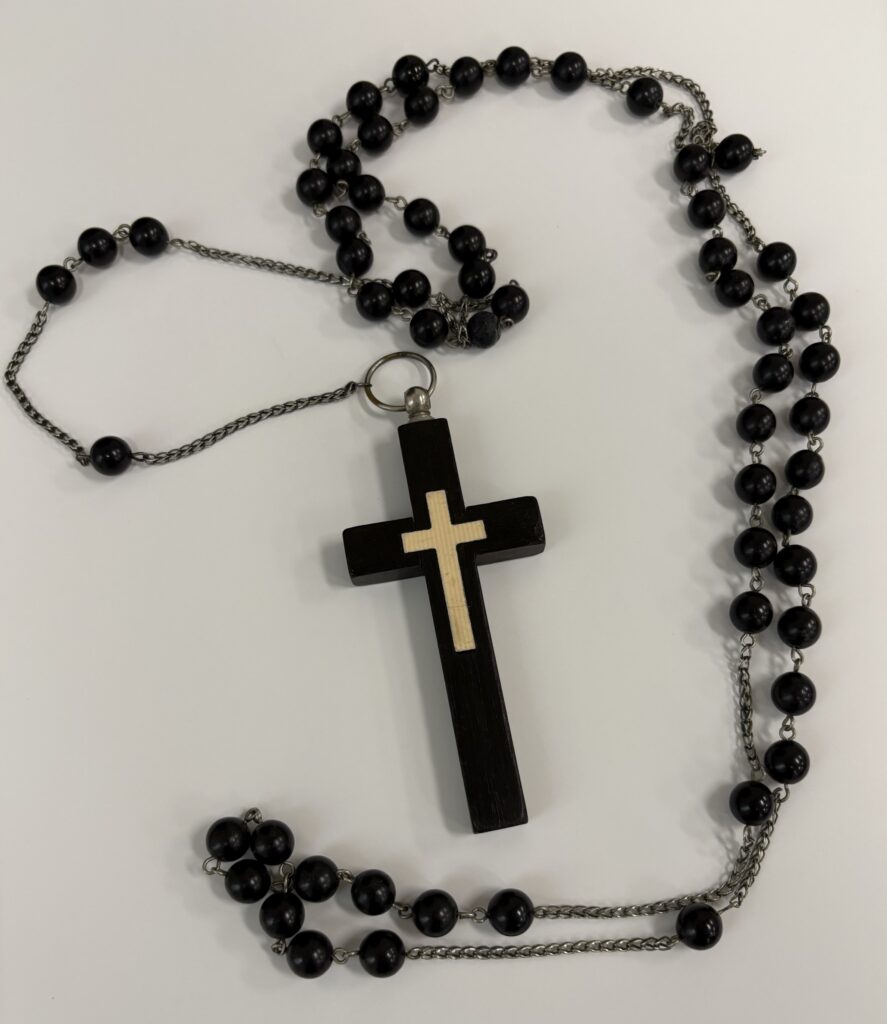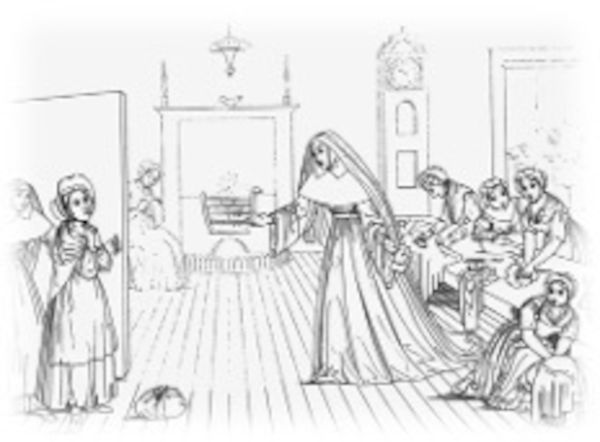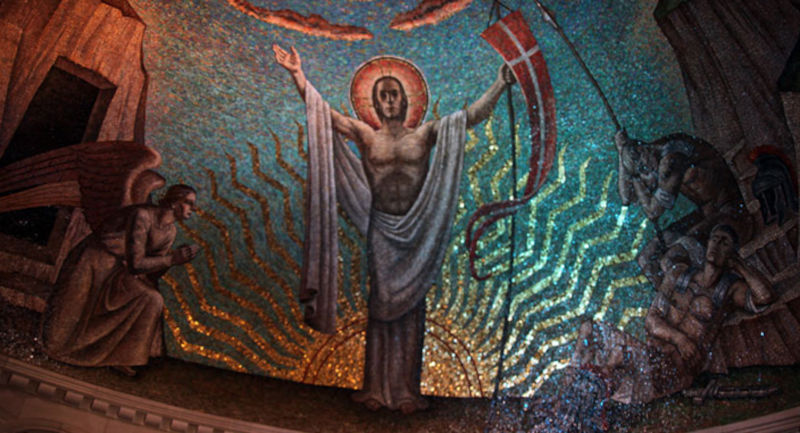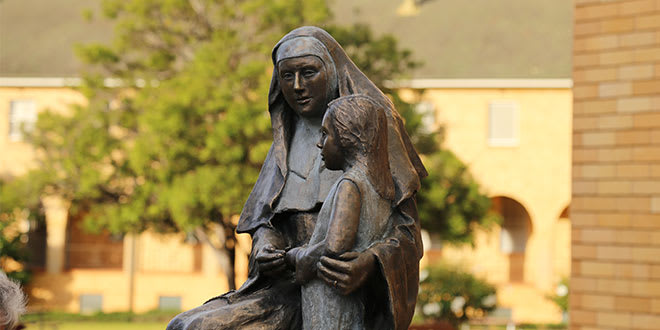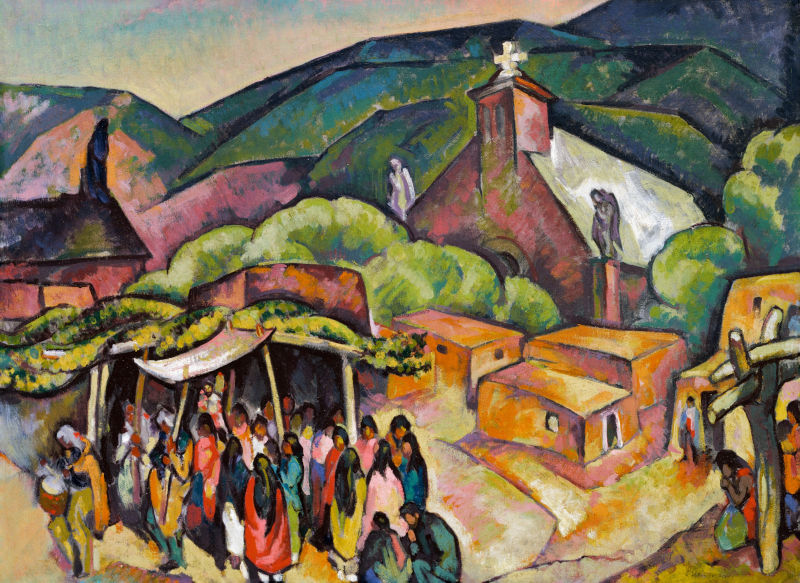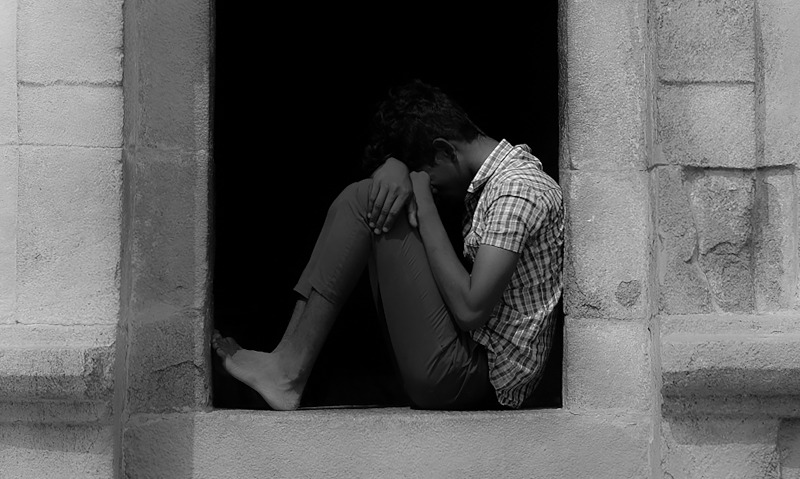Firstly, I felt affirmed that many of the aspects of the church that have concerned me, also concern many others such as: the role of women, clericalism, power imbalance, clergy formation, mandatory celibacy, lack of accountability and transparency, lack of lay involvement in decision -making, the appointment of bishops, the exclusion of the divorced and remarried and LGBTQ, the quality of our liturgies and homilies, and the absence of young people.
However, to me, these are more internal or structural issues that we need to deal with. What affected and challenged me most was that “mission” was not emphasized to the same extent as all the problems, i.e., the dysfunctional aspects of the church.
I think Pope Francis may have given us tools to address some of these issues in his recent document on the reform of the Curia in which he has allowed lay people to head Dicasteries. This means, I think, that baptism rather than ordination is the sacrament of the ministry of leadership. So, when this trickles down, I think there may be a way ahead. I think the door is open a crack. But if we solve all these problems that we have listed, and bring about structural changes, then what? What actually is the church for? Are we clear about this? I keep coming back to Pope Francis’ dream of a missionary option where he states this purpose:
I dream of a ‘missionary option,’ that is, a missionary impulse capable of transforming everything, so that the Church’s customs, ways of doing things, times and schedules, language and structures can be suitably channeled for the evangelization of today’s world rather than for herself-preservation (Evangelii Gaudium §27).
God has a mission; that mission has a church; the church is us. The church is called to carry out God’s mission of being about making visible, making present, and proclaiming the reign of God. God’s reign of holiness and grace, justice, peace and love, extends to the whole world through the works of Mercy, including the 8th work of Mercy, care for the earth, because “the earth” today includes all of creation. For us here in Aotearoa, New Zealand, the justice that we need to do must include recognizing the rights of the Tangata Whenua, our indigenous community. We need to listen to their voices in all aspects of our church. I was challenged by the fact that there wasn’t emphasis on this theme in the diocesan summaries.


